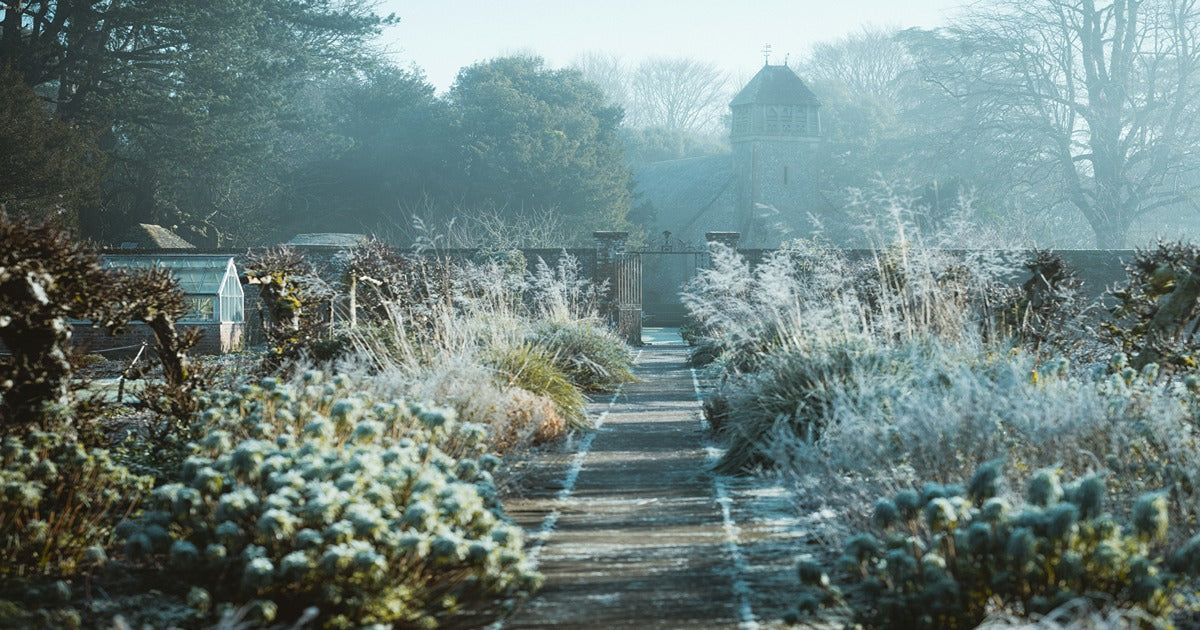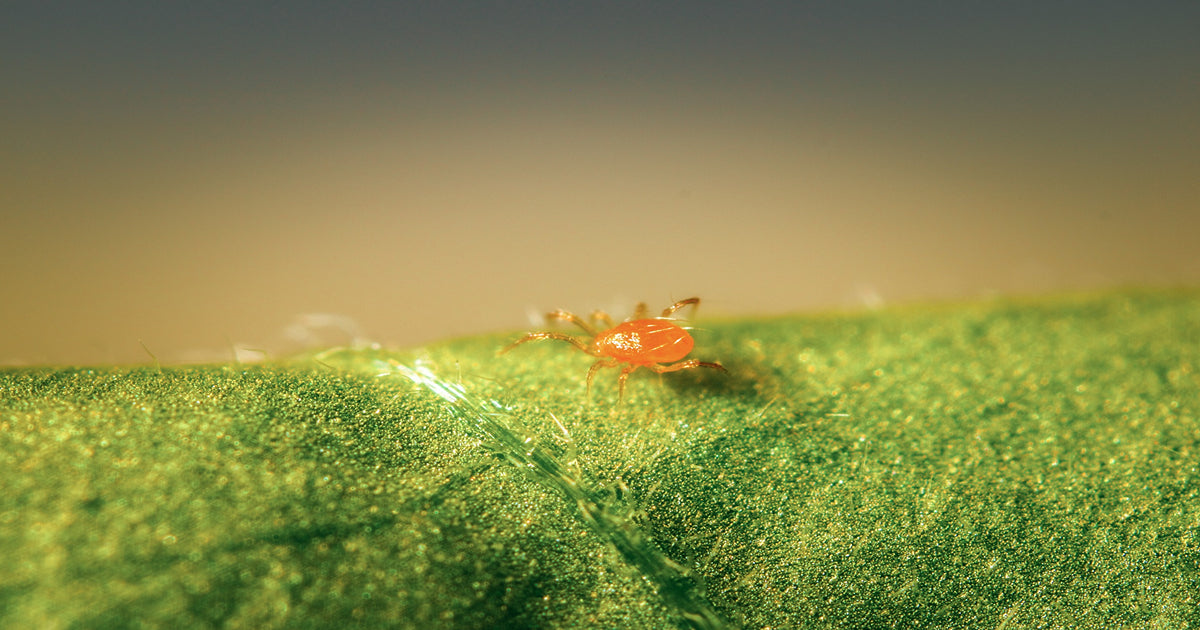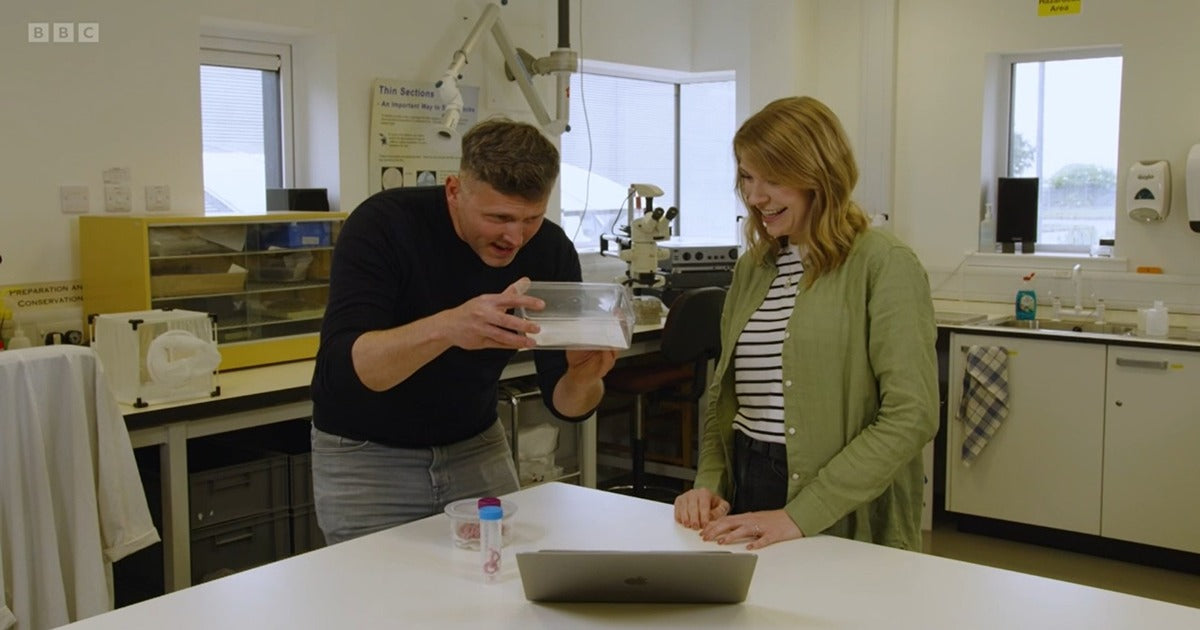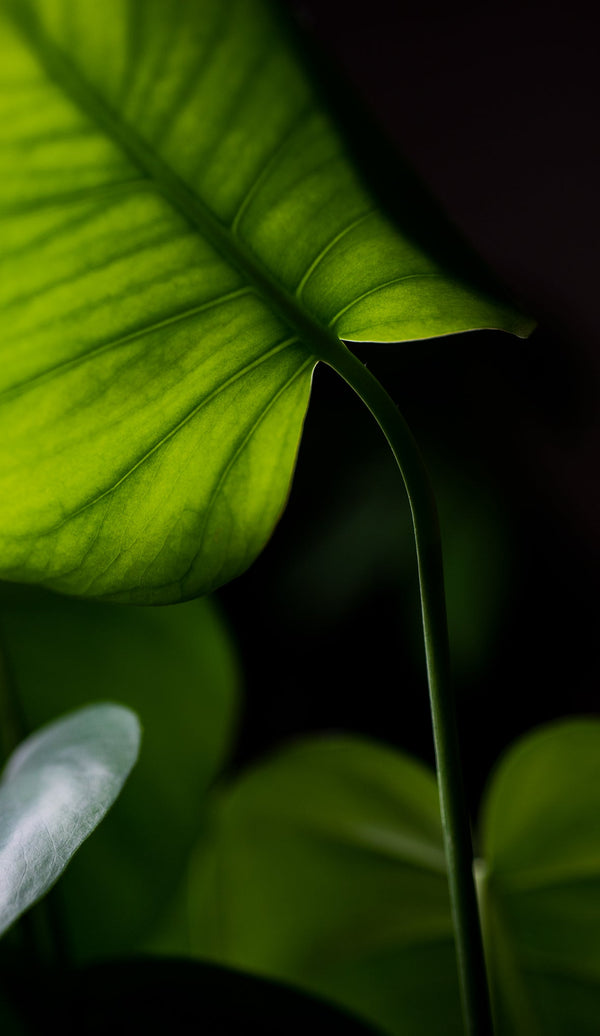
Insect Pests Active Early In The Season
Lower temperatures make most insect pests dormant, but if there are heated areas available throughout the winter for pests to inhabit they may continue to be active out of season.
House plants are immensely popular, providing a welcome injection of greenery inside homes, but unfortunately they also provide a welcome winter haven for certain plant pests.
Conditions in the winter often remain unfavourable for the introduction of particular beneficial insects, as they require longer days with plenty of sunlight hours to reproduce in. This provides a bit of a quandary when contemplating the best natural solutions to control insect pests in the winter, so Dragonfli have prepared a guide to some of the best options available.
Winter Pest No. 1: Fungus Fly
The bane of plant collectors, especially those with organic compost mixes (which make excellent egg laying sites for these annoying tiny flies), is the Fungus Fly (Fungus Gnat / Sciarid Fly). Fungus Fly larvae eat plant roots and are more of a serious threat to plants than the adult fly life cycle stage.
Fungus Fly Winter Treatment: Nematodes & Sticky Traps
The good news for those suffering from Fungus Fly infestations is that Fungus Fly Killer Nematodes are adept at killing the larvae in the compost, and can be used as a natural treatment all year round. To check for the presence of Fungus Fly it is good practice to have Yellow Sticky Traps set up amongst your plants which catch the adult flies.
Winter Pest No. 2: Aphid
Aphids, often known as Greenfly, can survive the winter on plants growing indoors. If you have plants growing in unheated, or low heated greenhouses, it will be too cold in the winter to introduce beneficial insects to control them until the spring and summer.
Aphid Winter Treatment: Dragonfli Plant Soap
One way to keep Aphids at bay is by spraying a specially formulated plant soap onto them, such as Dragonfli Plant Soap. Ensure good coverage is applied directly onto the Aphids for effective treatment. You may also need to repeat applications when treating larger infestations. This natural product leaves no harmful residues so can be safely applied before future applications of beneficial insects.
Winter Pest No. 3: Whitefly
Whitefly are hardy pests, and can survive at low temperatures on essentially any greenery they find. The winter months are too cold for the introduction of the traditional Whitefly biological control, in the form of the tiny parasitic wasps; Encarsia formosa. There are now some predatory mites available, however, that will feed on Whitefly eggs in low temperatures.
Whitefly Winter Treatment: Amblyseius andersoni
One of the predators with the best tolerance for low temperatures is Amblyseius andersoni. These predators can be hung on plants in small sachets that will release the mites for up to a month, offering a natural solution for Whitefly in the winter months. Andersoni predators will also consume Thrip larvae and Spider Mites, so are a bit of an all rounder.
Winter Pest No. 4: Mealybug
Mealybugs may remain prevalent on house plants during the winter months. The Cryptolaemus montrouzieri predatory beetle and it's larvae, that are normally used against Mealybugs in the spring and summer, are less effective as a treatment in colder conditions.
Mealybug Winter Treatment: Dragonfli Plant Soap
Make sure you try to clean off any Mealybugs you spot on plants, or use Dragonfli Plant Soap against them and repeat as needed. Once the days become longer, apply Mealybug Predator Larvae to feast on any remaining Mealybugs.
Protecting Greenhouses In The Winter
Greenhouse Winter Protection No. 1: Garlic Smoke
To protect greenhouses and prevent them from housing insect pests when temperatures are low in winter and early spring, use Greenhouse Garlic Smoke. This natural fumigator provides a good starting point for gardeners before propagation and planting, helping to completely fumigate and clean greenhouses. The smoke fumer uses natural garlic which, as an added benefit, also helps plants build up a natural resistance to pests and diseases.
Greenhouse Winter Protection No. 2: Sticky Traps

Make sure you have new, clean, sticky traps hanging in the greenhouse throughout the winter and early spring. These will help you detect and catch any early flying insect pests before infestations can take hold.














